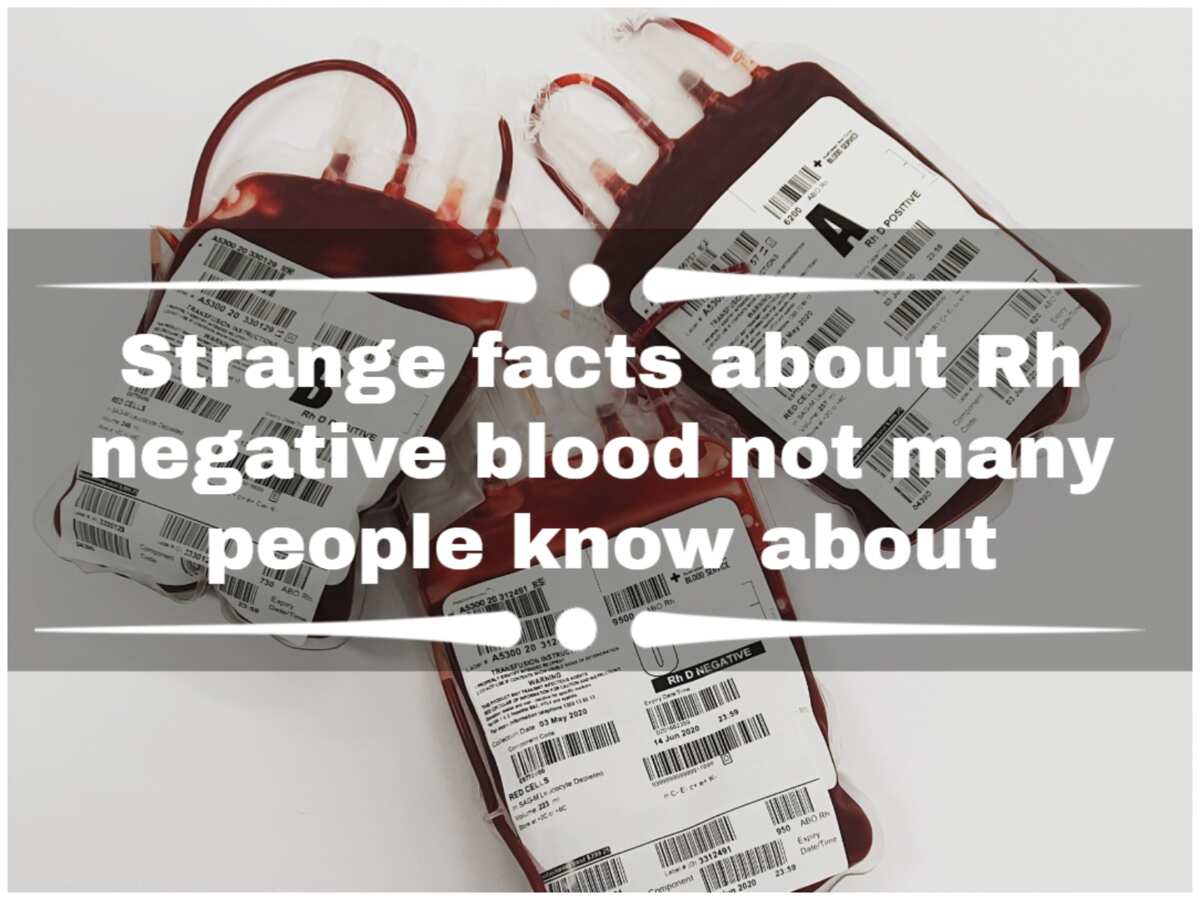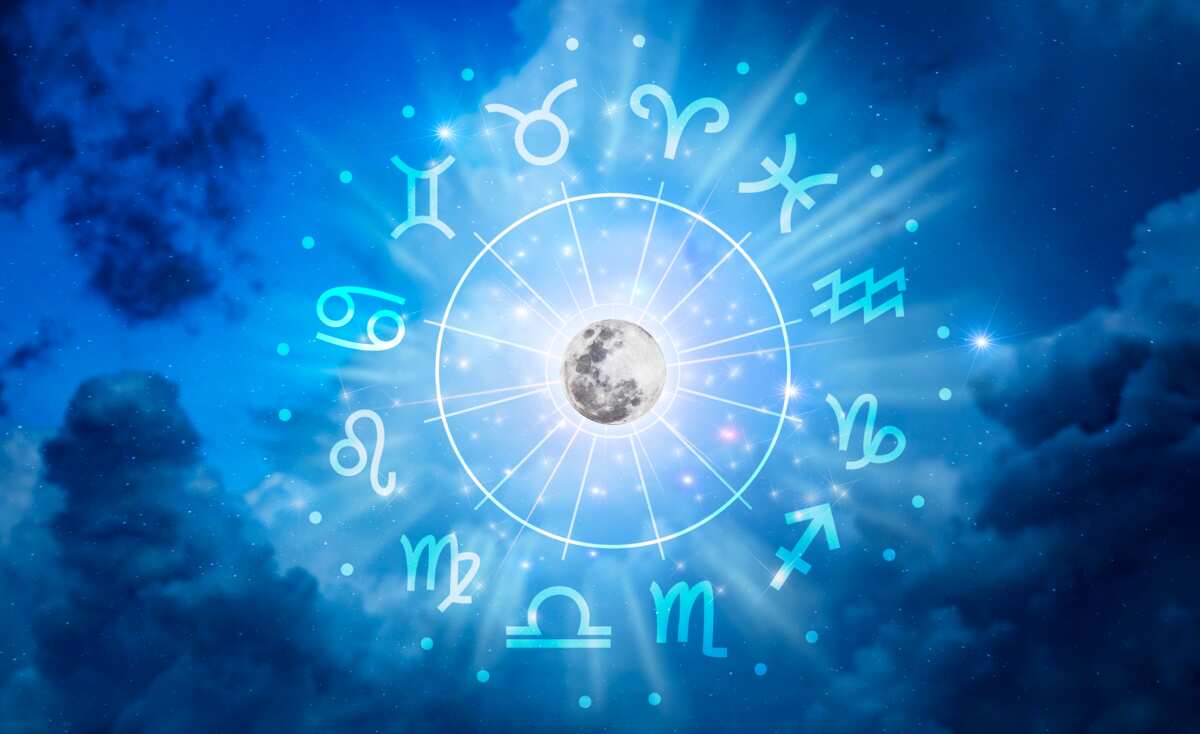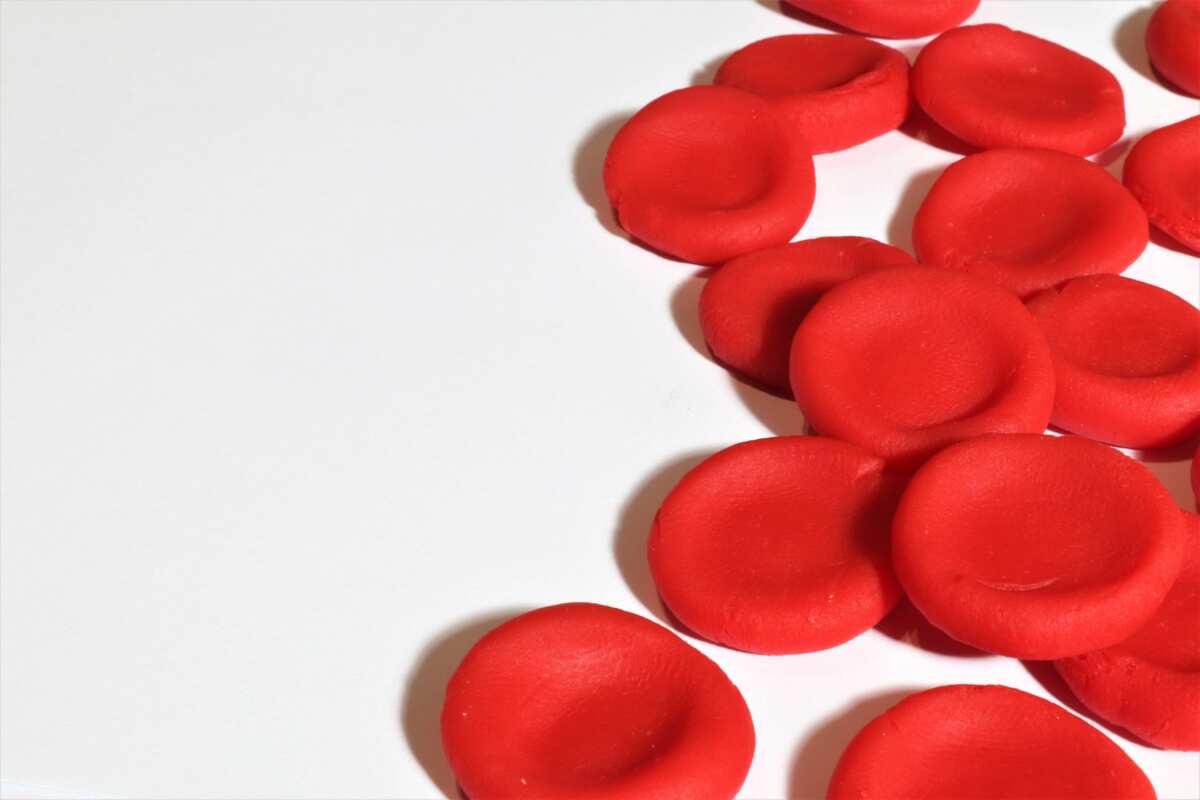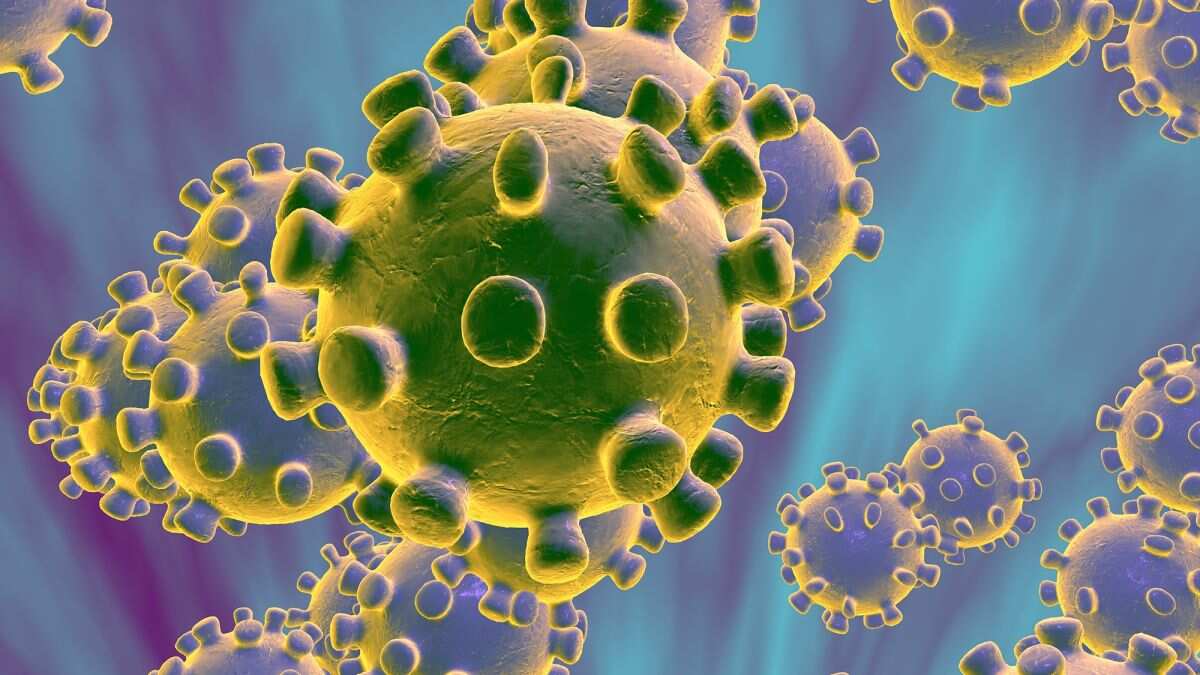Strange facts about Rh negative blood not many people know about
Rh-negative groups are rarer than their Rh-positive variants. These types are even more special because the Rh- type has some advantages, like Toxoplasma immunity. Here are some strange facts about Rh-negative blood type.

Blood groups are important, especially regarding donation and transfusion. For example, giving a patient red blood cells, plasma or platelets from an incompatible donor could result in rejection. Consequently, the recipient’s immune system could attack the donated cells, resulting in total organ collapse and death.
Strange facts about Rh-negative blood
Rh- refers to the absence of the Rh(D) protein on the red cells. Although individual categories of Rh- groups have different characteristics, they share a few. Here are some strange facts about Rh-negative blood:
- People with Rh- groups have a higher risk of developing mental health issues. These include antisocial personality disorders, panic disorders and attention deficit hyperactivity disorder (ADHD).
- Rh- people are more susceptible to skin allergies. However, scientists are yet to explain this observation.
- Rh-negatives are immune to the serious effects of the Toxoplasma parasite, which attacks the human brain, causing blindness.

Read also
Infertility: Doctor Urges women to disregard people's taunts and embrace parenthood
O- blood type facts
Blood type O is the most common in the population, which is an advantage because they are universal donors. However, O- is much less common than O+. Here are some O-negative blood type facts that make it special:
- Mosquitoes and other bugs are attracted to people with this factor. According to scientists, group O- and O+ proteins attract mosquitoes more than those in other groupings.
- People with this grouping are less susceptible to malaria. Paradoxically, they are less likely to contract severe malaria or die from the disease.
- This is a rare group; only about 7-13% of the population is O-.
- O- people are universal donors.
- Conversely, an O- patient can only receive red cells from an O- donor.
- Famous people in this grouping include American actor and film director Paul Newman, Queen Elizabeth II and John Lennon.

Read also
67 incredibly creepy facts that will make your hair stand on end
A- blood type facts

The A- grouping is the world's fourth most common. Here are some fun facts about the A- blood type:
- Only 8% of the global population fall into this category.
- A-negatives can donate to four groups: A-, A, AB+ and AB-. This means that their red cells can be used to treat about 40% of the population.
- However, as patients, they can only receive donations from two groups: A- donors and O- donors.
- A- platelets are considered the universal platelet type. This means that they can be given to people of all groups.
AB- blood type facts
AB- is the rarest type in the world. Here are some interesting AB- blood type facts:
- According to ImpactLife, only 1% of the population is in this grouping.
- Donors can give red cells to patients with AB- and AB+ Rhesus factors.
- Patients can receive red cells from AB-, O-, A- and B- donors.
- AB- plasma and platelets are universal. However, considering how rare this group is, their donations are reserved for ‘special’ recipients. This includes babies, victims in serious emergencies and patients with weakened immune systems.
- Some Asian cultures consider AB- people to be highly empathetic and emotionally sensitive.
- John F. Kennedy, Jackie Chan and British singer Mick Jagger are some famous AB- people.

Read also
Most hated zodiac sign: top 5 least liked astrological signs ranked
B- blood type facts
The B- group is the second rarest globally. Only 2% of the population falls into this category. Here are some fun B- blood type facts:
- B-negatives can donate to about 12.5% of the population. This includes patients with B-, B+, AB- and AB+ factors.
- These patients can only receive red cells from donors with B- and O- groupings.
- Some Asian cultures consider B-negatives to have difficulty multitasking. They are also thought to be very curious and driven to achieve the goals they set for themselves.
- B- people share their group with Paul McCartney, American actors Leonardo DiCaprio and Jack Nicholson.
Is Rh-negative blood valuable?

Yes, Rh-negative blood is quite valuable. Rh- groups are generally rarer than their corresponding positive variants. For instance, 35% of the population is O-positive while only 13% is O-. According to North Atlanta Women’s Care, only 15% of the US population has Rh-negative blood types.

Read also
Amazing dystopian movies to keep you entertained
What is so special about Rh-negative blood?
For an individual to be Rh-, both parents must have Rh-negative factor. Therefore, if one parent is Rh- while the other is Rh+, the children will be Rh+. Thus, it is rare for people to be Rh-negative, so the population is low globally.
Rh-negatives are also special because their donor pool is limited. An Rh- person can only receive cells from another Rh- donor. However, Rh- donors can donate to both Rh- and Rh+ patients.
Can Rh-negative blood cause health problems?
While the Rh-negative factor may have some risks, it doesn’t necessarily cause health problems. Rh-negative people have been found to have a higher risk of certain health conditions. However, they are mostly preventable or manageable conditions, including skin allergies and mental health issues.
Should I worry about being Rh-negative?
No, there is no reason to worry about being Rh-negative. Unless in a serious medical emergency, an Rh-negative person can live a normal life like other blood types.

Read also
Best Korean drama movies to watch over the weekend
Rh-negative blood only causes serious complications during pregnancy. An Rh-positive foetus’ blood could cross the mother’s placenta into her bloodstream. Her body will flag the antibodies as invaders, attacking the foetus’ cells. This could result in serious complications for both mother and foetus, which could cause the death of the foetus or newborn.
For this reason, an Rh-negative woman must notify the doctor of pregnancy, particularly if the father is positive. The Rh-negative woman can be treated with special antibodies to stop the production of antibodies that could harm the foetus.
What is the most common blood type?

Blood type O-positive is the most common across the globe. About 35% of the population falls into this category. The second most common is A-positive.
What is the rarest blood type?
Without considering the ‘golden blood type’, the AB-negative blood type is the rarest. Only 1% of the population has this type. The second rarest is B-negative, with 2% of the global population.

Read also
Top known facts about the deadly coronavirus in China
What is ‘golden blood’?
This is the name used to refer to the most unique blood type in the world, Rh-null. Unlike Rh-negative blood, Rh-null red blood cells contain no Rh proteins. Rh-negative blood cells lack the Rh(D) protein but contain other Rh proteins. Scientists believe that less than 50 people worldwide have this blood type.
In addition to being rare, Rh-negative blood types are more complex than corresponding Rh-positive types. Some strange facts about Rh-negative blood include an increased risk of mental health issues and skin allergies.
READ ALSO: 10 limitations of human rights in Nigeria: what are they?
Legit.ng recently published 10 limitations of human rights in Nigeria. Fundamental human rights apply to every human from the time they are born until their death. Humans have equal rights regardless of their race, beliefs, lifestyle, and descent.

Read also
Coronavirus: Everything you need to know about the menacing pathogen
However, an individual or a group’s rights can be taken away under specific circumstances. In Nigeria, the law makes provisions for some human rights to be limited for some individuals. For instance, people found guilty of terrorism can lose their right to life.
Source: Legit.ng
ncG1vNJzZmivp6x7rbHGoqtnppdkrrS3jKWcoKGkZH51hZZpbnBlo6m%2ForrGnmSfmZOpwG6%2Bx2alnp%2BRqba3sYybo6inlGK9prvPpZxmmZKkwrV7